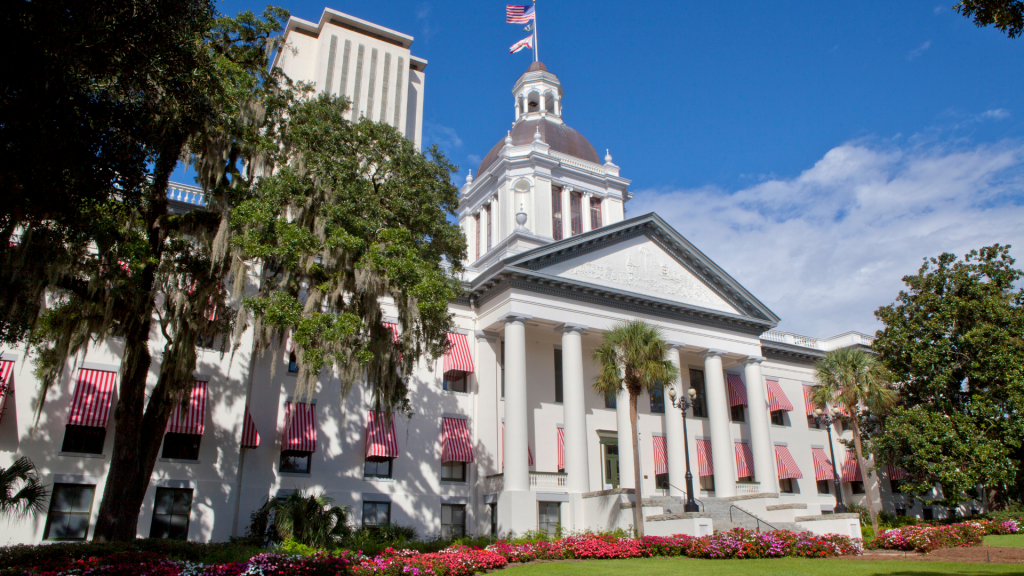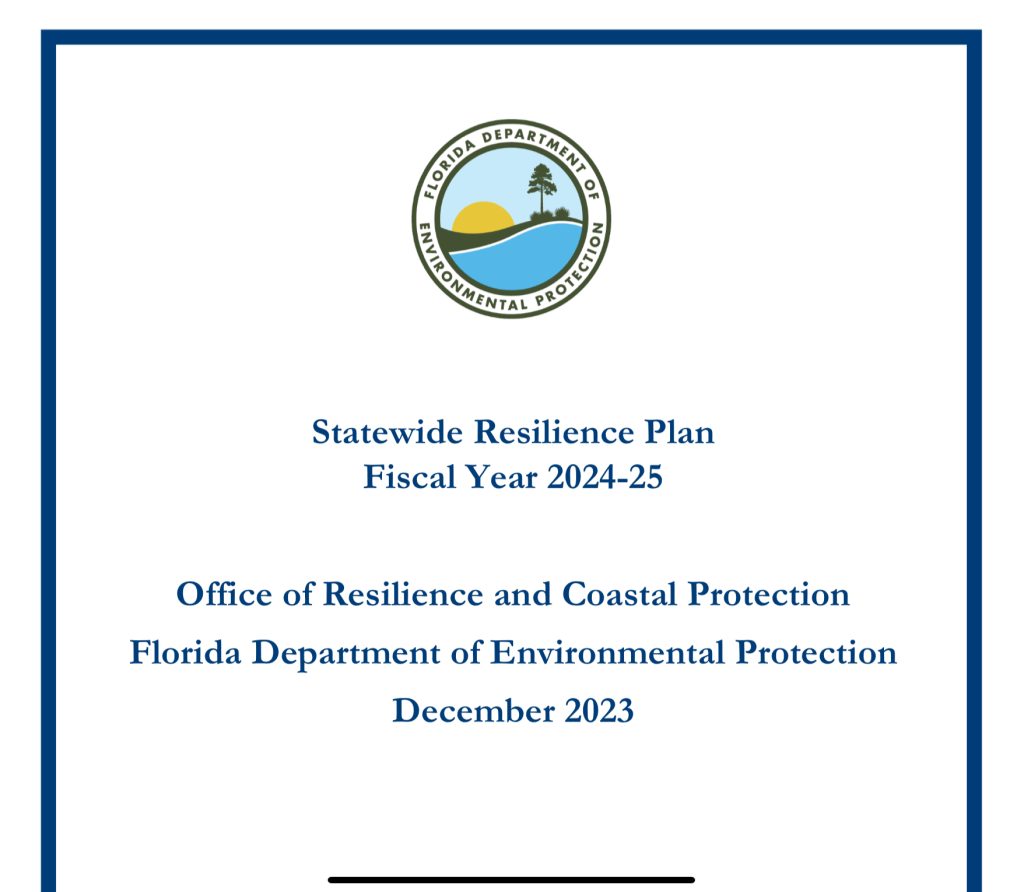
Resiliency Florida (RF) is a leading voice in Tallahassee, helping communities in their efforts to plan and adapt for the future impacts of extreme weather and sea level rise. RF is a non-profit organization made up of public and private partners. We are dedicated to promoting the development of state and regional strategies and policy to adapt to extreme weather and sea level rise. Our mission also includes advocacy for increased investment by the state and federal government in critical infrastructure and habitats throughout Florida to mitigate impacts and develop adaptation responses.
General Policy Positions
- SUPPORT greater incorporation of adaptation and resilience strategies throughout state government activities.
- SUPPORT requirements for state agencies, water management districts, local governments, and regulated industries (e.g., electric utilities) to consider projected sea-level rise, coastal flooding, and potential storm surge in all infrastructure and facility-siting decisions.
- SUPPORT closer coordination among state agencies to share data and implement solutions on climate and extreme weather preparedness, resilience, and adaptation issues.
- SUPPORT development of a statewide climate action plan that includes greenhouse gas emissions reduction, adaptation, and resilience measures.
- OPPOSE preemption of local environmental policies and regulations pertaining to energy, climate, or resilience issues and any infringement on local home rule authority to plan for and adapt to future climate conditions.
Looking ahead Resiliency Florida will work to build upon the significant progress made this year. Issues that have already been identified for future sessions include: Increasing the funding for the Florida Resilient Coastal Initiative, amendments to the Property Assessed Clean Energy (PACE) statutes to strengthen consumer protection and potentially expand the use of this financing mechanism to include domestic and commercial property hardening, and the use of reclaimed water for the protection of coastal wellfields.
Resiliency Florida would like to thank all the members who provided input during the legislative session and looks forward to working with the Technical Advisory Committee this summer and fall to identify other statutory changes that will promote community resiliency throughout the State.
The 2024-2025 Statewide Resilience Plan Currently in Effect

